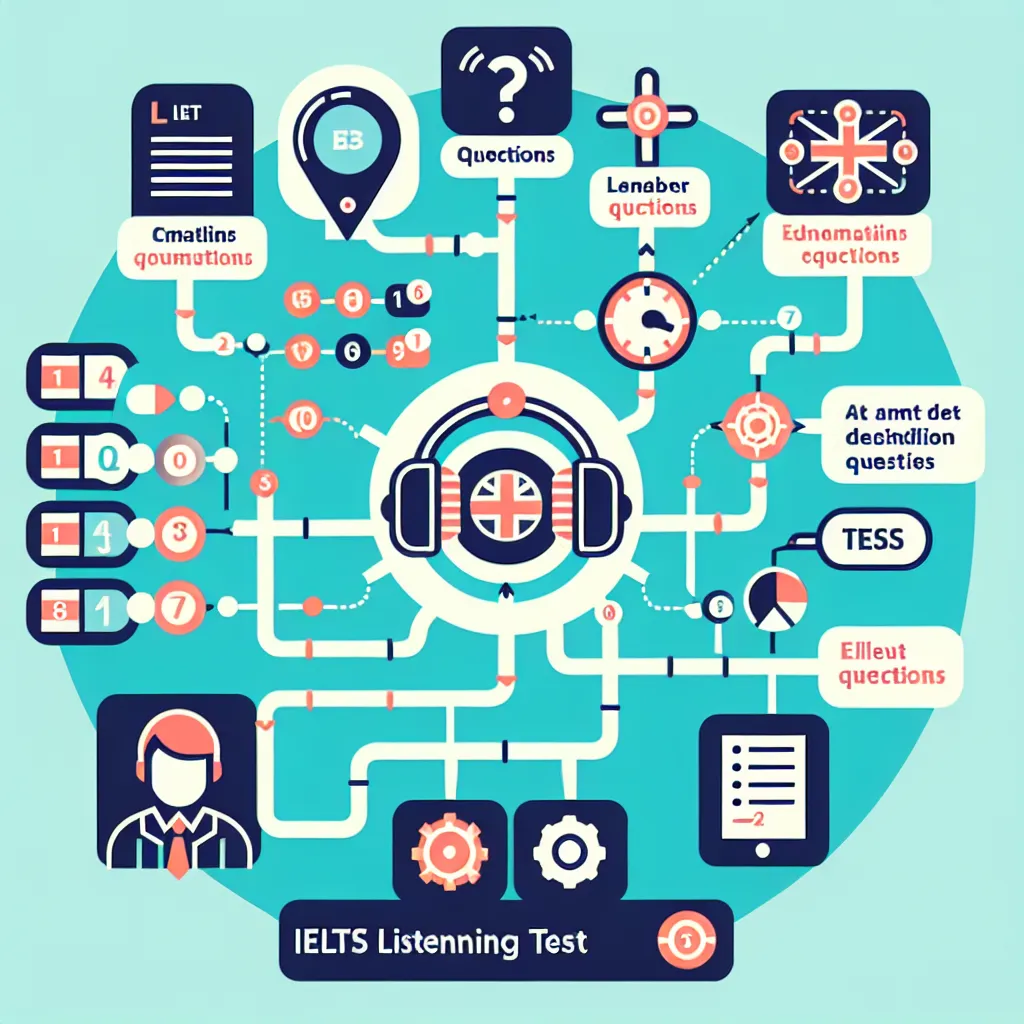Are you preparing for the IELTS exam and feeling anxious about the Writing Task 2? You’re not alone. Many test-takers find this part of the exam challenging, but with the right strategies, you can avoid common pitfalls and maximize your score. In this comprehensive guide, we’ll explore expert tips on how to avoid losing marks in IELTS Writing Task 2, ensuring you’re well-prepared for success.
Understanding the IELTS Writing Task 2
Before we dive into the strategies, it’s crucial to understand what IELTS Writing Task 2 entails. This task requires you to write an essay in response to a point of view, argument, or problem. You’ll need to write at least 250 words in 40 minutes, demonstrating your ability to organize ideas, use a range of vocabulary and grammar, and develop a coherent argument.
 IELTS Writing Task 2 Overview
IELTS Writing Task 2 Overview
Common Mistakes That Cost Marks
1. Misinterpreting the Question
One of the most critical errors is not fully understanding or addressing the task. This can lead to off-topic responses, which severely impact your Task Achievement score.
How to avoid it:
- Read the question carefully, multiple times if necessary.
- Underline key words and instructions.
- Identify the topic, the specific aspect of the topic to address, and the type of essay required (e.g., opinion, problem-solution, etc.).
2. Poor Essay Structure
A disorganized essay can confuse the examiner and lower your Coherence and Cohesion score.
How to avoid it:
- Use a clear introduction, body paragraphs, and conclusion.
- Employ topic sentences to introduce each main idea.
- Use linking words and phrases to connect ideas smoothly.
3. Limited Vocabulary Range
Repetitive language and basic vocabulary can limit your Lexical Resource score.
How to avoid it:
- Learn and use topic-specific vocabulary.
- Practice paraphrasing to express ideas in different ways.
- Use synonyms and collocations to enhance your language.
4. Grammatical Errors
Consistent grammatical mistakes can significantly impact your Grammatical Range and Accuracy score.
How to avoid it:
- Review and practice using a variety of sentence structures.
- Pay attention to subject-verb agreement, tenses, and articles.
- Proofread your essay carefully if time allows.
Strategies for Success
1. Plan Your Essay
Taking a few minutes to plan can save you time and improve your essay’s coherence.
Tips:
- Spend 3-5 minutes outlining your main points.
- Decide on your stance or main argument.
- Choose 2-3 strong supporting ideas.
2. Write a Strong Introduction
Your introduction sets the tone for your essay and should clearly address the task.
Components of a good introduction:
- A general statement about the topic
- Your position or main idea
- A brief outline of what you’ll discuss
3. Develop Well-Structured Body Paragraphs
Each body paragraph should focus on a single main idea that supports your argument.
Structure:
- Topic sentence
- Explanation or elaboration
- Example or evidence
- Link back to the main argument
4. Use a Range of Sentence Structures
Varying your sentence structures demonstrates linguistic flexibility and can boost your score.
Examples:
- Simple sentences for clarity
- Compound sentences to connect related ideas
- Complex sentences to show relationships between ideas
5. Employ Academic Language
Using appropriate academic language can elevate your essay and impress the examiner.
Tips:
- Avoid informal expressions and contractions.
- Use academic phrases for introducing ideas, giving examples, and concluding.
- Incorporate topic-specific vocabulary relevant to the question.
Time Management Strategies
Effective time management is crucial to avoid losing marks due to an incomplete essay.
Recommended time allocation:
- Planning: 5 minutes
- Introduction: 5 minutes
- Body paragraphs: 20 minutes (10 minutes each for 2 paragraphs)
- Conclusion: 5 minutes
- Proofreading: 5 minutes
 IELTS Writing Task 2 Time Management
IELTS Writing Task 2 Time Management
Practice and Preparation
Consistent practice is key to improving your IELTS Writing Task 2 performance.
Effective preparation methods:
- Regularly write practice essays under timed conditions.
- Get feedback from a teacher or experienced IELTS tutor.
- Analyze high-scoring sample essays to understand what examiners are looking for.
- Build your vocabulary by reading widely on various topics.
Conclusion
Avoiding losing marks in IELTS Writing Task 2 requires a combination of understanding the task requirements, developing strong writing skills, and practicing effective time management. By following the strategies outlined in this guide and consistently practicing, you can significantly improve your performance and achieve the score you need.
Remember, the key to success lies in understanding the marking criteria, addressing the task fully, and demonstrating your language skills effectively. With dedication and the right approach, you can excel in IELTS Writing Task 2 and move closer to achieving your goals.
Are you ready to put these strategies into practice? Start by choosing a sample IELTS Writing Task 2 question and applying the tips you’ve learned here. Good luck with your IELTS preparation!
[internal_links]
- IELTS Writing Task 1 Strategies
- Top IELTS Vocabulary Lists for Writing
- Common IELTS Writing Mistakes to Avoid
- How to Improve Your IELTS Writing Score
[/internal_links]




